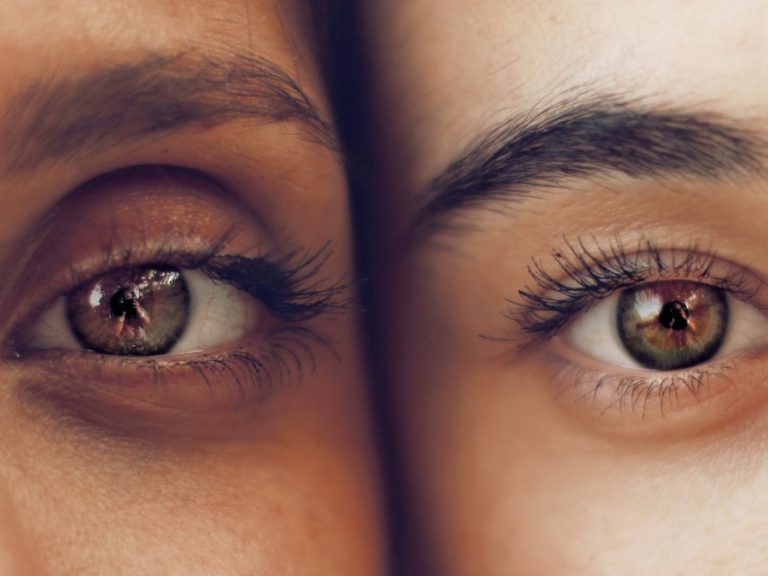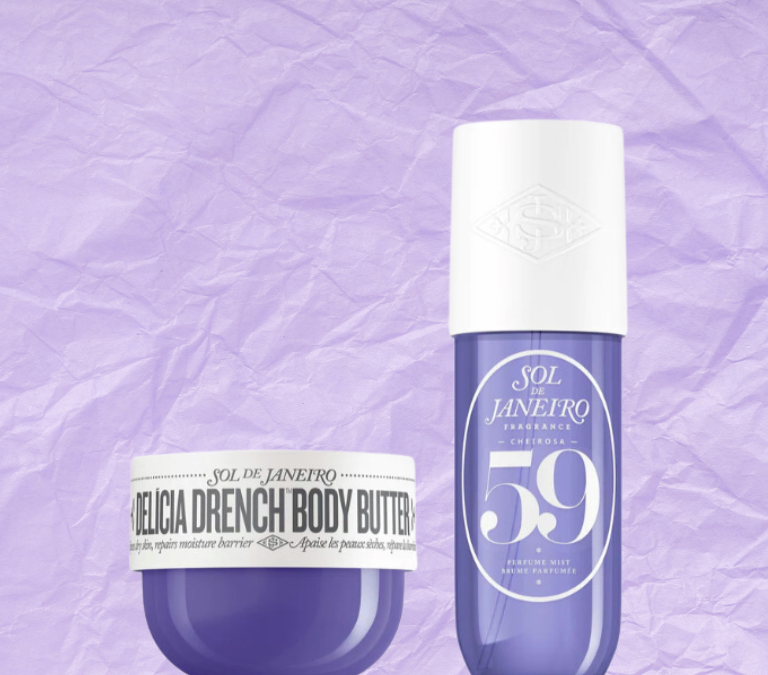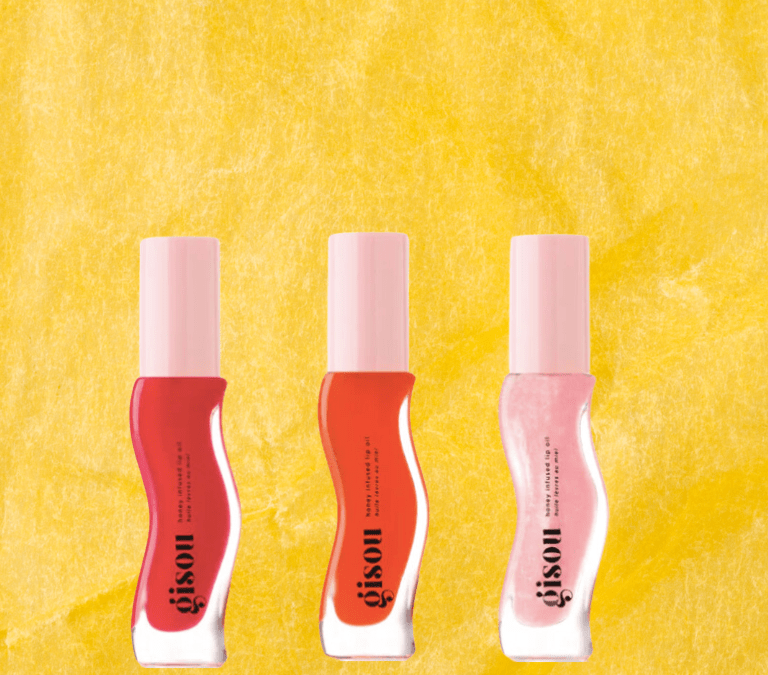By Jude Chao
Eye creams spark endless controversy in the skincare world. Some say you need them; others say they’re a waste of money, – the exact same thing as a regular skin cream, in a smaller jar with a higher price. The truth lies somewhere in between.
Some people do find they have no particular need for a specialized eye cream. Others, however, have specific issues with the skin in their eye area and would benefit from ingredients regular face creams may not contain. If you are one of those, think carefully about what exactly you’d like to improve in your eye area, and look for ingredients like these:
Fine lines and wrinkles: Retinol
Retinoids are among the most well researched and well regarded active ingredients for addressing visible skin aging. Long-term use of retinoids , in conjunction with proper sun protection, essentially retrains your skin to renew itself more rapidly and optimally,. The result is a firmer, smoother, more youthful complexion.
Higher-strength retinoids can be too harsh for the eye area, however. Prescription-strength options like tretinoin often cause dryness and peeling, neither of which are ideal for the eyes. For this reason, lower-strength, over-the-counter retinoids are generally better suited. Look for retinol in an eye cream and use it regularly to diminish fine lines and wrinkles. And don’t forget sunscreen and UV-blocking sunglasses: retinoids are photosensitizing, meaning that they make skin more sensitive to sun damage.
Dark circles: Vitamin C and Niacinamide
Let’s get one thing straight. Not all dark circles can be treated with topical skincare products. Dark circles caused by anatomy; a particularly deep eye socket for example, and dark circles caused by blood vessels showing through thin skin, won’t respond much to any remedy, short of cosmetic procedures like fillers.
On the other hand, dark circles caused by skin pigmentation can be reduced with topical skincare products. To treat these, look for eye creams that contain vitamin C or niacinamide, both of which help to lighten hyperpigmentation gently over time. As with retinoid-containing eye creams, make sure you don’t skip sunscreen, and keep your eyes shielded from the sun with UV-blocking sunglasses. UV exposure darkens pigmentation, which is the last thing you want to happen when you’re working on lightening it.
Puffiness and eye bags: Caffeine (maybe)
Puffiness and eye bags are among the most challenging eye issues to treat with cosmetics. But caffeine in your eye products may help—caffeine constricts blood vessels, which can help shrink puffiness. I’ve personally experienced depuffing with Amorepacific Intensive Vitalizing Eye Essence; which contains caffeine.
For puffiness and eye bags, however, lifestyle changes generally help more than topical remedies. Reduce sodium and alcohol intake to reduce overall water retention and bloat, to help swelling…. Elevate your head as much as comfort allows when sleeping to help fluids drain from your face. Consider a chilled gel eye mask that you can wear for a few minutes in the morning to restrict the blood vessels. Facial massages with a gua sha tool can help improve circulation. And, of course, get plenty of sleep and drink enough water.
So, not every eye cream is a scam, but not every eye cream is a holy grail, either. Which ones will fit into which category for you depends on your needs and how well the product suits your skin. Don’t be afraid to experiment, but give any product a month or two before deciding whether it shows results because skin takes time to improve. More importantly, love your eyes no matter what the skin around them looks like. Fine lines, wrinkles, dark circles, puffiness and all, they are still the windows to your soul, and your happiness with yourself will shine through!
Photo by Soroush Karimi on Unsplash
Eye creams spark endless controversy in the skincare world. Some say you need them; others say they’re a waste of money, – the exact same thing as a regular skin cream, in a smaller jar with a higher price. The truth lies somewhere in between.
Some people do find they have no particular need for a specialized eye cream. Others, however, have specific issues with the skin in their eye area and would benefit from ingredients regular face creams may not contain. If you are one of those, think carefully about what exactly you’d like to improve in your eye area, and look for ingredients like these:
Fine lines and wrinkles: Retinol
Retinoids are among the most well researched and well regarded active ingredients for addressing visible skin aging. Long-term use of retinoids , in conjunction with proper sun protection, essentially retrains your skin to renew itself more rapidly and optimally,. The result is a firmer, smoother, more youthful complexion.
Higher-strength retinoids can be too harsh for the eye area, however. Prescription-strength options like tretinoin often cause dryness and peeling, neither of which are ideal for the eyes. For this reason, lower-strength, over-the-counter retinoids are generally better suited. Look for retinol in an eye cream and use it regularly to diminish fine lines and wrinkles. And don’t forget sunscreen and UV-blocking sunglasses: retinoids are photosensitizing, meaning that they make skin more sensitive to sun damage.
Dark circles: Vitamin C and Niacinamide
Let’s get one thing straight. Not all dark circles can be treated with topical skincare products. Dark circles caused by anatomy; a particularly deep eye socket for example, and dark circles caused by blood vessels showing through thin skin, won’t respond much to any remedy, short of cosmetic procedures like fillers.
On the other hand, dark circles caused by skin pigmentation can be reduced with topical skincare products. To treat these, look for eye creams that contain vitamin C or niacinamide, both of which help to lighten hyperpigmentation gently over time. As with retinoid-containing eye creams, make sure you don’t skip sunscreen, and keep your eyes shielded from the sun with UV-blocking sunglasses. UV exposure darkens pigmentation, which is the last thing you want to happen when you’re working on lightening it.
Puffiness and eye bags: Caffeine (maybe)
Puffiness and eye bags are among the most challenging eye issues to treat with cosmetics. But caffeine in your eye products may help—caffeine constricts blood vessels, which can help shrink puffiness. I’ve personally experienced depuffing with Amorepacific Intensive Vitalizing Eye Essence; which contains caffeine.
For puffiness and eye bags, however, lifestyle changes generally help more than topical remedies. Reduce sodium and alcohol intake to reduce overall water retention and bloat, to help swelling…. Elevate your head as much as comfort allows when sleeping to help fluids drain from your face. Consider a chilled gel eye mask that you can wear for a few minutes in the morning to restrict the blood vessels. Facial massages with a gua sha tool can help improve circulation. And, of course, get plenty of sleep and drink enough water.
So, not every eye cream is a scam, but not every eye cream is a holy grail, either. Which ones will fit into which category for you depends on your needs and how well the product suits your skin. Don’t be afraid to experiment, but give any product a month or two before deciding whether it shows results because skin takes time to improve. More importantly, love your eyes no matter what the skin around them looks like. Fine lines, wrinkles, dark circles, puffiness and all, they are still the windows to your soul, and your happiness with yourself will shine through!
Photo by Soroush Karimi on Unsplash




